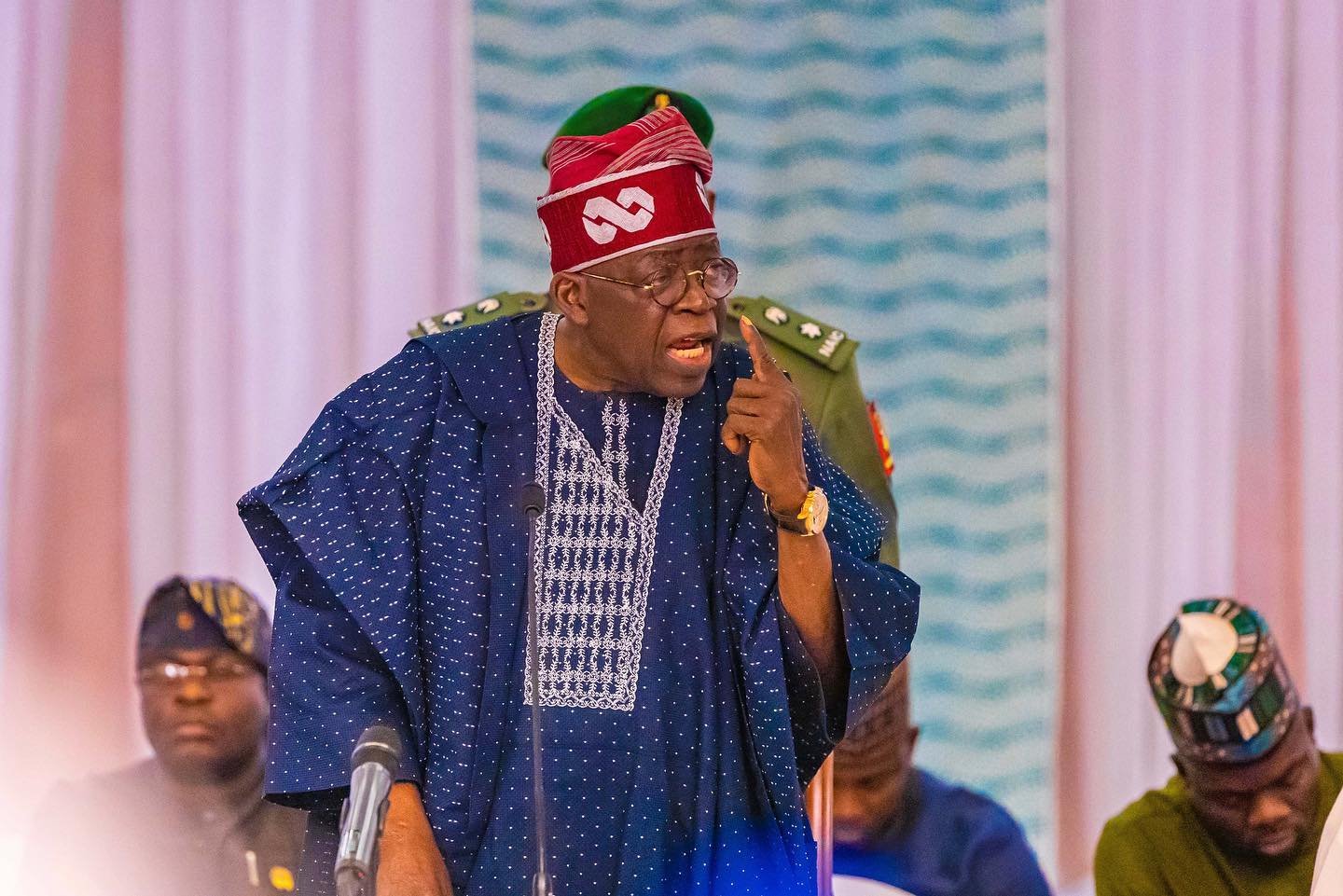NATIONAL NEWS

EFCC ACHIEVED ₦500BN RECOVERY, 7,000 CONVICTIONS UNDER MY WATCH
President Bola Tinubu has commended the Economic and Financial Crimes Commission (EFCC) for its progress in the fight against corruption, revealing that the agency secured over 7,000 convictions and recovered more than ₦500 billion within two years.
Represented by Vice President Kashim Shettima at the opening session of the 7th EFCC-NJI Capacity Building Workshop for Justices and Judges in Abuja, Tinubu reaffirmed his administration’s commitment to strengthening anti-graft institutions to achieve measurable outcomes.
According to a statement by EFCC spokesperson Dele Oyewale, the President said the Commission’s achievements reflect the government’s resolve to confront corruption head-on.
“The EFCC, for instance, has recorded over 7,000 convictions in the first two years of this administration and recovered assets exceeding ₦500 billion. The proceeds of crime recovered by the agency have been reinvested into the economy to support key social initiatives such as the Students Loan and Consumer Credit schemes,” he stated.
Tinubu emphasized that the success of the anti-corruption drive depends on collaboration among all arms of government, noting that the judiciary plays a crucial role in ensuring accountability and public confidence in governance.
“A Nigeria free from corruption is achievable if everyone commits to integrity within their sphere of influence,” the President said. “A strong and credible judiciary is central to the success of anti-corruption efforts, and I count on our judges to uphold this responsibility.”
He urged the executive, legislature, and judiciary to lead by example, warning that the fight against corruption would lose legitimacy if public officials failed to demonstrate transparency and integrity.
“We cannot claim to be pursuing a transparent system if we fail to live by those standards ourselves. The courts and judges are vital pillars in the anti-corruption process, and your role on the bench does not exempt you from accountability,” Tinubu said.
The President stressed that corruption remains a major obstacle to national development and a contributor to insecurity, calling on all Nigerians to unite in confronting it.
“There are no special hospitals or roads for judges; we all face the same challenges created by years of corruption and waste. It is in everyone’s interest to join hands to fight and win this war,” he added.
Earlier, EFCC Chairman Ola Olukoyede raised concerns about the persistent delays and procedural setbacks affecting high-profile corruption cases, warning that such obstacles threaten to overshadow the agency’s accomplishments.
Olukoyede lamented that despite notable progress, public confidence in the justice system remains weak due to the slow handling of politically sensitive trials.
“The milestones we’ve achieved are often overshadowed by public frustration over the slow progress of high-profile corruption cases. Some cases filed 15 or 20 years ago remain unresolved, caught in endless procedural loops,” he said.
He highlighted a recurring pattern in which politically exposed defendants exploit technicalities to delay justice.
“Once investigations are completed, bringing such defendants to court becomes an uphill task. When that is achieved, the next challenge arises — from claims of ill health to technical objections over court procedures,” he noted.
The EFCC boss warned that the “weaponisation of legal procedure” and excessive focus on technicalities at the expense of justice undermine public trust in the judiciary.
“Prolonged trials lead to witness fatigue, fading memories, and sometimes the death or unavailability of key witnesses or prosecutors. When this happens, the only winner is corruption,” he said.
Olukoyede urged judges to be more cautious in rulings with significant implications for the anti-corruption fight, adding that conflicting court decisions in similar cases have further complicated the Commission’s efforts.
He also criticized instances where state high court judges issue ex parte orders outside their jurisdiction to obstruct EFCC investigations into money laundering and related crimes.
“It is troubling that some state high courts attempt to restrain the Commission from investigating cases clearly outside their purview, often through ex parte orders. Even when the Commission appeals such decisions, contempt rulings are sometimes issued against it,” he said.
The EFCC chairman further condemned the role of some senior lawyers who file frivolous applications to delay trials, reinforcing public suspicion of collusion between certain members of the bar and the bench.
“When the judiciary allows these tactics, it fuels perceptions that justice is being undermined. We call on Your Lordships to remain vigilant and ensure that justice prevails over technicalities,” Olukoyede urged.
"This represents a significant development in our ongoing coverage of current events."— Editorial Board









